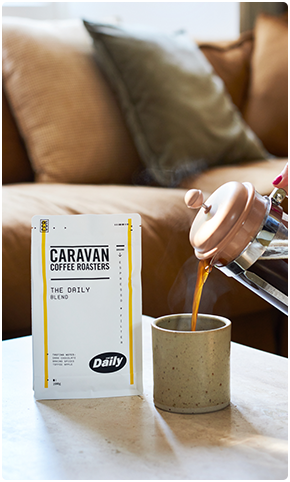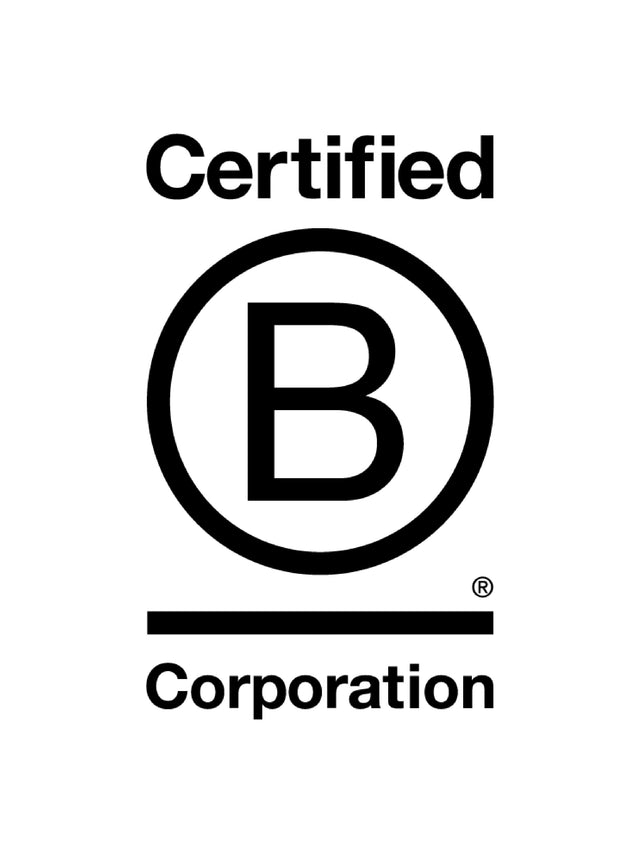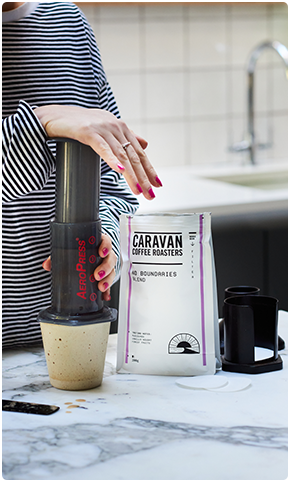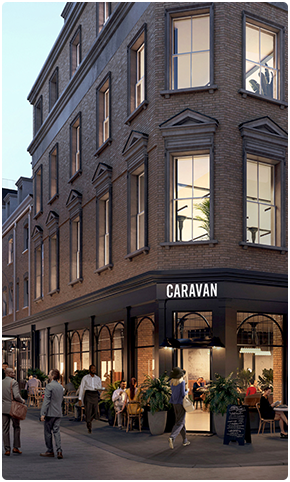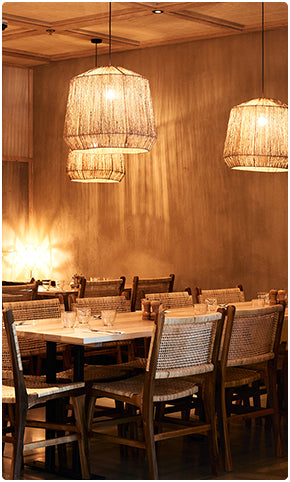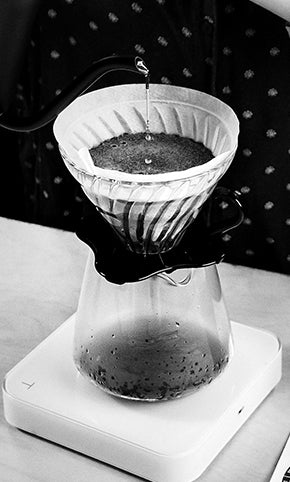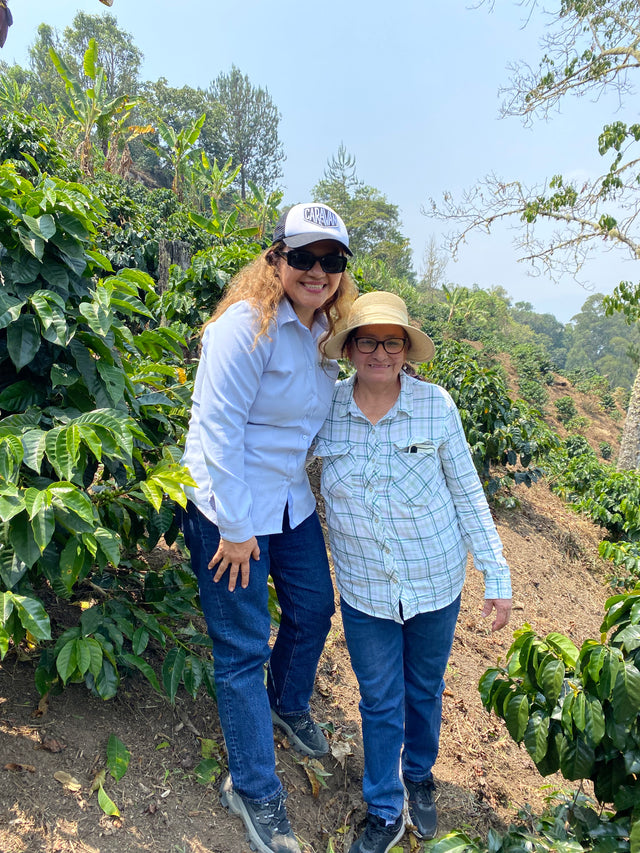Kiranga PB
Want to recreate the Caravan experience at home? Check out our recipe book, Caravan: Dining All Day.
Kiranga PB
-
Region
Kirinyaga
-
Varietal
SL28, SL34, Ruiru 11, Batian
-
Elevation
1650 masl
-
Farm/ Producer
Kiranga Estate; Samuel Macharia & Family
-
Process
Fully Washed
Among the hilltops about two hours north of Nairobi, in the region of Kirinyaga, grows some of the highest scoring coffees in the whole world. Though much of the region’s praises are rightfully attributed to their precise farming and processing techniques, another boon for Kirinyaga coffees comes from the health of the soil here; the Kenyan Highlands are one of the continent’s most fertile agricultural zones. Similarly to many great coffee growing regions, this can be partly attributed to volcanic activity – in fact, Kenya currently is home to over 30 active volcanos. Though coffee is the main crop grown here, it is common to see tea, yams, bananas and any number of fruit trees grown throughout the area.
This tiny lot comes from the Kiranga Estate, owned by Mr. Samuel Macharia and his family. They have owned the farm since 1995, farming its 3.3 hectares with a classic mixture of Kenya-specific coffee varieties. This particular lot has been selected to contain only peaberry beans, a naturally occurring mutation whereby a single bean grows inside the cherry instead of the normal two. These beans, receiving the entirety of the cherry’s nutrients and sugars, tend to be more dense, vibrant, and body-forward than their flat sided counterparts, and are thusly sought after amongst specialty roasters.
Like most things in the world, Covid has had a major impact on this year’s harvest, with many importers not wanting to gamble on such high end coffee with such an unpredictable market. Compounding this problem, early rains in the beginning of the season combined with a long hot and dry spell after meant that yields were much lower than expected, prompting sellers to put their prices up to make up for the loss in volumes. The result has been a squeeze from all sides, with delays at the ports and in transit only making things more difficult. On a positive note, Kenya produces perhaps the most reliably high quality coffee in the world, meaning buyers – and drinkers – will seek it out even in tough times.
BREWING GUIDE
Kenyan coffees, with their dense beans and punchy acidities, tend to work best with a slightly more open brew recipe. Try a ratio of 1:17 on a filter-based pour over brewer such as a Hario V60, aiming for a total brew time of 2:30-3:00.

